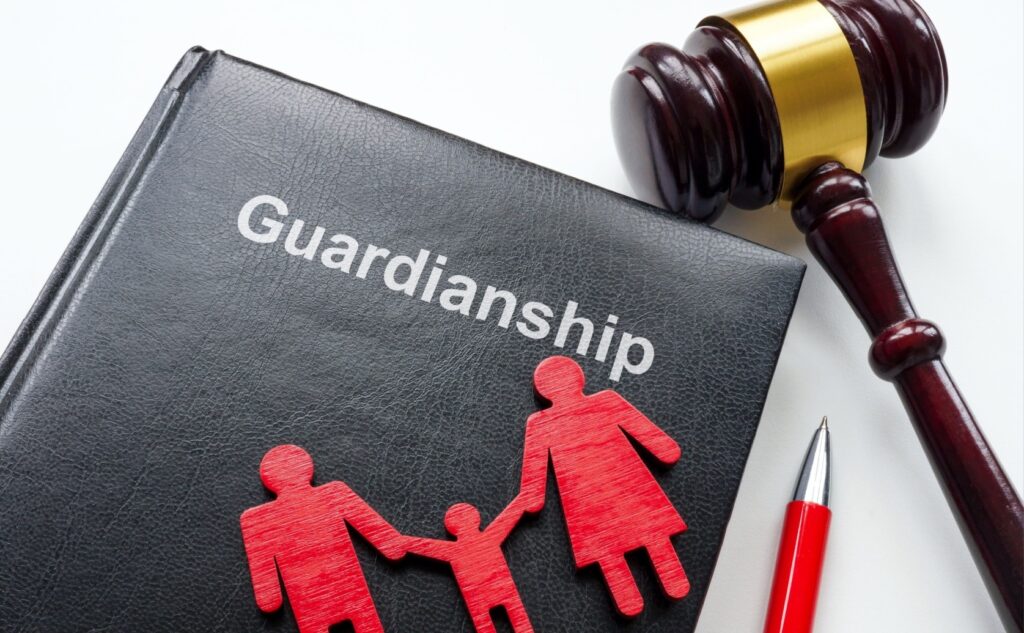Key Considerations When Seeking Guardianship
When pursuing guardianship, it's essential to understand the legal requirements and implications involved. Guardianship can significantly impact the lives of both the guardian and the ward, making it crucial to approach the process with a comprehensive understanding of the responsibilities and rights that come with it.
For instance, potential guardians should be aware of the necessary documentation, such as background checks and financial disclosures, that may be required by the court. Additionally, guardians must be prepared to demonstrate their ability to act in the best interests of the ward, which may include providing stable housing, healthcare, and education.
The Role of a Probate Attorney in Guardianship Cases
A probate attorney plays a vital role in guardianship cases by providing legal guidance and representation throughout the process. Their expertise ensures that all legal requirements are met and that the interests of the ward are protected during court proceedings.
For example, a probate attorney can assist in filing the necessary petitions, preparing for court hearings, and navigating any disputes that may arise. Their knowledge of local laws and procedures can be invaluable, helping to streamline the process and reduce the emotional strain on families involved.
Common Challenges in Guardianship Proceedings
Guardianship proceedings can present various challenges, including disputes among family members and concerns about the ward's best interests. Understanding these potential obstacles can help families prepare and respond effectively during the process.
For instance, disagreements may arise regarding who should be appointed as guardian or what decisions are in the ward's best interest. It is crucial for parties involved to communicate openly and consider mediation options to resolve conflicts amicably and avoid lengthy court battles.
Resources for Families Navigating Guardianship
Families seeking guardianship can benefit from various resources that provide information and support throughout the process. These resources can help demystify the legal aspects of guardianship and offer emotional support to families facing difficult decisions.
Organizations and legal aid services often provide guides, workshops, and counseling to assist families in understanding their rights and responsibilities. Additionally, local support groups can connect families with others who have experienced similar challenges, fostering a sense of community and shared understanding.

